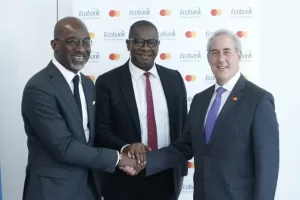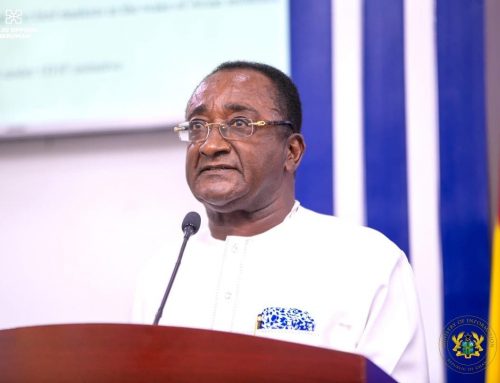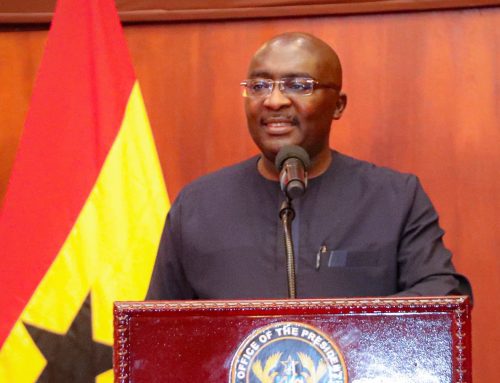Mastercard and Ecobank Group have partnered to connect millions of smallholder farmers in Sub-Saharan Africa to Mastercard’s Farm Pass – a digital platform that makes it safer and easier for farmers to sell their produce at a fair price.
Under the partnership, Ecobank will extend the reach and impact of the Mastercard Farm Pass platform, leveraging its Pan-African network of 33 countries. Many smallholder farmers in Sub-Saharan Africa face several challenges. These include limited access to markets, working capital to finance activities or secure quality inputs, and relevant financial tools to pay and get paid efficiently. This has led to insecurity, inefficiencies, and a waste of resources and food, preventing farmers from running sustainable businesses.

Farm Pass brings together various agri-sector stakeholders from the supply and demand sides in one agricultural marketplace, amplifying the collective positive impact on farming communities. Smallholder farmers can sell their produce at a better price, access quality inputs and farming information, get paid and pay digitally, and develop a financial profile that can unlock financing opportunities for working capital and inputs.
According to McKinsey and Company, more than 60 percent of the population of Sub-Saharan Africa are smallholder farmers with the agricultural sector contributing an estimated 23 percent of the continent’s GDP. Yet only 3 percent of the sector receives banking credit, limiting the farmers’ capacity to grow their business or mitigate poor harvest losses. By integrating their businesses with payment systems, Farm Pass enables smallholder farmers to build a digital transaction record that can facilitate formal credit or other financial services from banks and other financial institutions.
“Food security is a critical and urgent need in these times. We must therefore rise to the task by creating growth opportunities across the agriculture value chain in Africa. Our partnership with Mastercard has come at the right time to accelerate smallholder farmers’ access to urgently needed financial services which are vital to realising Africa’s full agricultural potential. It will also help deliver value across the farming and agricultural value chain to make farming in Africa more profitable, competitive and resilient, thus contributing to the economic growth of the continent,” says Ade Ayeyemi, CEO of Ecobank Group.
“When we empower people, we can power economies and support economic growth that is truly inclusive. Mastercard Farm Pass contributes to this by offering a digital platform that makes it easier for smallholder farmers to move from subsistence to commercial farming.
“This, in turn, will stimulate agricultural growth, increase competitiveness, and improve food security in Africa. Through close collaborations with important partners like Ecobank, we can create even more impact, putting the digital economy to work for everyone everywhere,” says Michael Froman, Vice Chairman and President, Strategic Growth at Mastercard.
“The Mastercard Farm Pass collaboration with Ecobank Group fits well with the intent of the African Development Banks’s recently approved Africa Emergency Food Production Facility (AEFPF), which is to support countries to boost production and productivity on the continent for key staples. One of the key activities of AEFPF is to connect farmers through e-wallet systems, i.e. digitising the procurement of agro inputs and at the same time allowing for reaching farmers in a transparent manner, which will truly revolutionise the transformation of agriculture,” says Solomon Quaynor, Vice President for Private Sector, Infrastructure and Industrialisation, African Development Bank Group.
Since its launch in 2015, Mastercard Farm Pass has reached nearly one million smallholder farmers in Uganda, Tanzania, Kenya and India, enabling them to command 25-50 percent higher prices and increase harvest productivity. Farm Pass is part of Mastercard’s strategy to connect underserved communities to essential services through Community Pass, a shared interoperable digital platform that supports the company’s commitment to connecting one billion people, and 50 million small and micro businesses to the digital economy by 2025.
Source: Business and Financial Times



